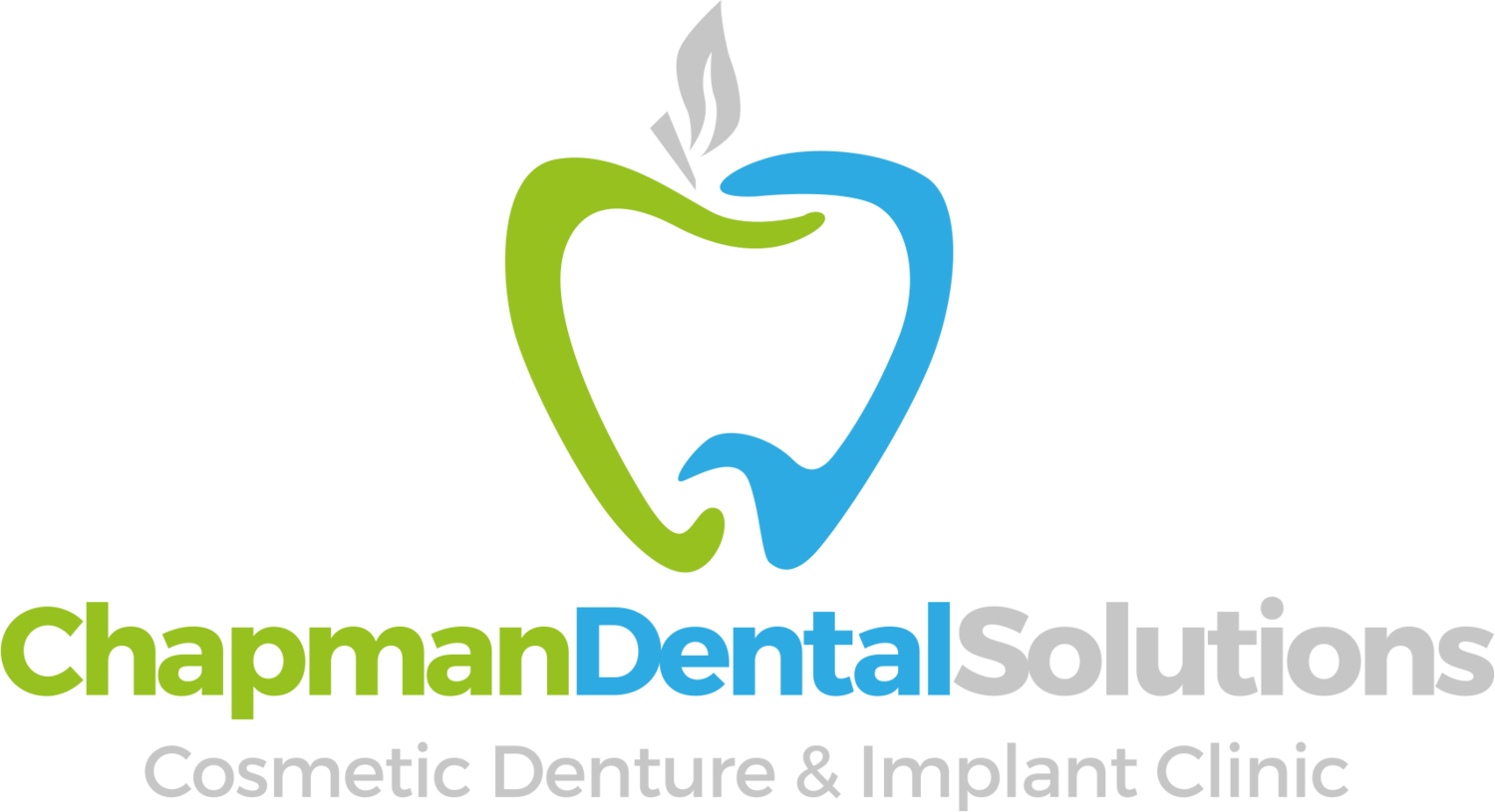Exploring the Most Common Causes of Tooth Loss
Tooth loss is a significant oral health concern affecting millions of people worldwide. While advancements in dental care have made tooth loss less prevalent, understanding its causes remains crucial for prevention and early intervention.
In this blog post, we'll delve into the most common culprits behind tooth loss and explore strategies for maintaining optimal dental health.
Poor Oral Hygiene
Inadequate oral hygiene tops the list of causes of tooth loss. Failure to brush and floss regularly allows plaque—a sticky film of bacteria—to accumulate on teeth, leading to gum disease (gingivitis and periodontitis) and tooth decay. Over time, untreated gum disease can destroy the supporting structures of teeth, resulting in their loss.
Preventive Measure: Maintain a thorough oral hygiene routine by brushing twice daily, flossing once a day, and visiting your dentist for regular cleanings and check-ups.
Gum Disease
Gum disease, also known as periodontal disease, is a progressive condition that affects the gums and supporting bone structure of teeth. It often starts with gingivitis, characterized by inflamed and bleeding gums, and can advance to periodontitis, where the inner layer of the gum and bone pull away from the teeth, forming pockets that harbour bacteria and lead to tooth loss.
Preventive Measure: Practice good oral hygiene, quit smoking, limit sugary foods and drinks, and schedule regular dental exams to detect and treat gum disease early.
Tooth Decay
Untreated tooth decay is another common cause of tooth loss. When plaque bacteria break down sugars from food and produce acids, they attack the tooth enamel, leading to cavities. Without timely intervention, cavities can progress to infect the inner pulp of the tooth, causing pain, infection, and ultimately, tooth loss.
Preventive Measure: Maintain a balanced diet, limit sugary and acidic foods, and fluoride treatments, and seek prompt dental care for any signs of tooth decay.
Trauma or Injury
Accidents, sports injuries, and falls can result in trauma to the mouth, causing fractures, displacement, or avulsion (complete removal) of teeth. Depending on the severity of the injury, tooth loss may occur immediately or gradually over time due to complications such as infection or root resorption.
Preventive Measure: Wear mouthguards during sports activities, avoid chewing hard objects, and seek immediate dental attention in case of dental trauma.
Genetics and Aging
Genetic factors and ageing play significant roles in tooth loss. Some individuals may be predisposed to certain dental conditions, such as periodontal disease or enamel defects, which increase their risk of tooth loss. Additionally, as we age, the cumulative effects of wear and tear on teeth, gums, and supporting structures can contribute to tooth loss.
Preventive Measure: While genetic predispositions cannot be changed, maintaining good oral hygiene, and seeking regular dental care can help mitigate the effects of ageing on oral health.
Tooth loss can have profound effects on oral health, function, and self-esteem. By understanding the common causes of tooth loss and implementing preventive measures, such as maintaining good oral hygiene, addressing gum disease promptly, and seeking timely dental care, individuals can preserve their natural teeth and enjoy a lifetime of healthy smiles. Remember, prevention is key, so prioritize your oral health to safeguard your teeth for years to come.

